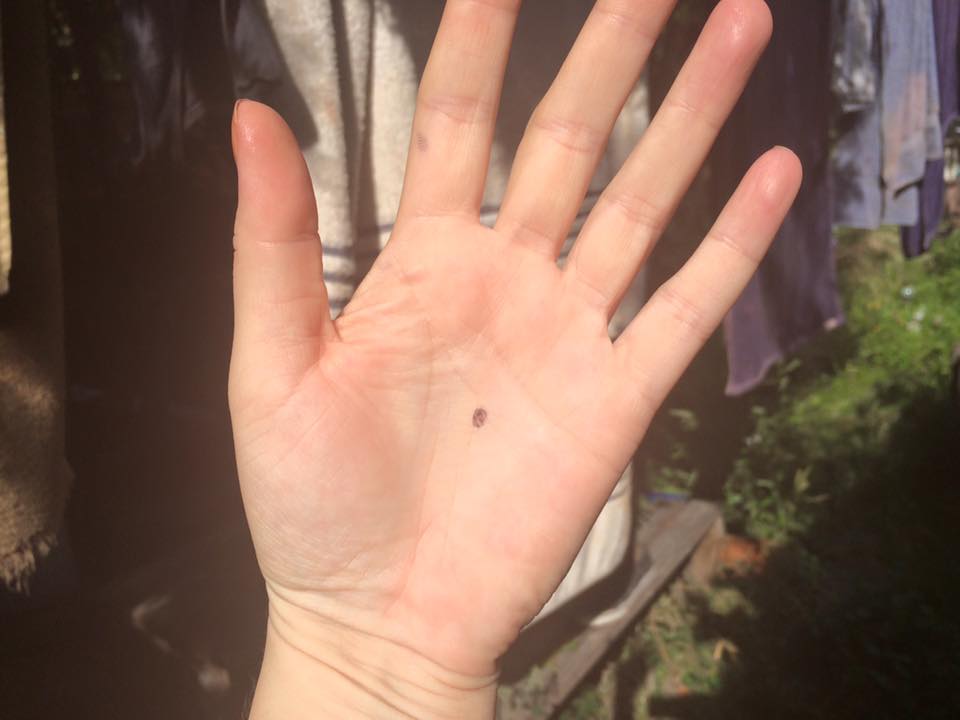Like this blog? rabble is reader-supported. Please chip in.
Stigma and its crushing weight often prevents people from reaching out to seek help – we see this in cases from mental health awareness to domestic abuse.
Another factor that forces silence upon victim’s lips is fear of reprisal for speaking out.
Regarding domestic abuse between a husband and wife, it’s not so much where the public hears the husband screaming at his wife for her real or imagined disobedience but that they cannot hear the woman crying out for help over the sound of his rage.
They can hear the man demand sex but cannot hear her refusal. Unfortunately, the inability to hear her refusal might be because she feels she has no right to refuse in the first place.
The “No Means No” campaign has been a blessing to our society, and is mostly understood except for some aspects of the extreme right wing, for example, where to the infamous Duggar family and their Quiverfull movement are from where it is a wife’s duty to be available to her husband 24/7.
I myself can’t see the difference between the case of a stranger who forces himself on a woman or when they are married and he forces himself on her? To me, both scenarios are cases are rape.
I’m unsure of how else to defined the crime of sexual assault? He demanded sex, she refused. He forced himself on her all the same.
Let us assume that we are dealing with a case of a husband and wife again. The husband wants sex and the wife says no.
No should mean no.
But for some on the religious right: you can’t rape your wife.
It’s theoretically impossible.
But there are thankfully many who do believe that no means no, regardless of who is speaking and to whom.
If a woman fears for her safety in a case where her refusal to provide sex to her husband is not upheld but she feels she cannot vocalize her situation, social media is trying to promote a powerful but discreet way for her to speak without facing the potential wrath of her husband.
It’s called the Black Dot Movement and the premise is simple but extremely powerful.
For example, in the case of a woman suffering in a marriage full of domestic assault if she attempts to refusal her husband’s sexual advances.
Rape is rape.
If this woman feels she cannot speak up publically, there is another way for her to communicate that she needs help but cannot ask for it.
All she needs to do is draw a black dot on her hand and discreetly show this symbol to, for example, her health care provider or her pastor.
This way, she can tip off she needs help without putting to her own life in danger. The idea is that the health care provider would know the meaning of the black dot on her hand and would act accordingly.
As explained on the campaign’s Facebook page, “They [the individual seeking safe access to care] simply draw a black dot on their hands and agencies, family, friends, community centres, doctors, hospitals can [recognize] this person needs help but cannot ask for it.”
Campaign organizers seem optimistic they are on the right track when they speak about the potential of this campaign to assist hundreds of thousands, but acknowledge that they must proceed with caution and pace the campaign.
The Black Dot Campaign is not yet even two weeks old and has inspired upwards of 4.8 million.
For more information and until campaign organizers have a website, please keep checking their Facebook page here.
Like this blog? rabble is reader-supported. Please chip in.



